- ABOUT IHSSABOUT IHSS
- PEOPLE
- NEWS & EVENTSNEWS & EVENTS
- RESEARCHRESEARCH
- FELLOWSHIPS & GRANTSFELLOWSHIPS & GRANTS
- TEACHING & LEARNINGTEACHING & LEARNING
- PUBLICATIONSPUBLICATIONS
The history of technology, when construed broadly and informed by social studies of technology, can inform contemporary policy making and technology engagement. To illustrate this, Bijker will first introduce a recent study in the history of technology, which he did with Annapurna Mamidipudi on handloom weaving in India. Some of the insights gained from that project will then be used to address a contemporaneous issue in northern India, about the highly polluting burning of rice straw.
Handloom is an everyday technology in India (and in many other countries), but also one with a centuries-long tradition. A social-constructivist analysis of the production and consumption of handloom suggests a reconceptualization of innovation. This reconceptualization of innovation has three elements: (1) broadening the unit of analysis from artefact to socio-technical ensemble, (2) recognizing the role of infrastructures, including institutions, and (3) recognizing that innovation and tradition need not be contradictory.
Using these concepts as developed in studying the history of handloom to analyse the contemporaneous issue of rice-straw burning, leads us, Bijker will argue, to critically reflect on the modernization of Indian agriculture as carried out during the Green Revolution. Interdisciplinary and transdisciplinary collaboration, also involving non-academic knowledge, now suggests new forms of technological engagement and policy formation. Finally, these analyses and arguments imply the possibility, if not necessity, to reflect on the societal roles of historians of technology and to rethink relations between scholarship and policy formation.
This is an event organized by the CRF Project “Making Modernity in East Asia: Technologies of Everyday Life, 19th – 21st Centuries” (RGC CRF HKU C7011-16G).ihss@hku.hkLecture Hall, May Hall, The University of Hong KongThe history of technology, when construed broadly and informed by social studies of technology, can inform contemporary policy making and technology engagement. To illustrate this, Bijker will first introduce a recent study in the history of technology, which he did with Annapurna Mamidipudi on handloom weaving in India. Some of the insights gained from that project will then be used to address a contemporaneous issue in northern India, about the highly polluting burning of rice straw.
Handloom is an everyday technology in India (and in many other countries), but also one with a centuries-long tradition. A social-constructivist analysis of the production and consumption of handloom suggests a reconceptualization of innovation. This reconceptualization of innovation has three elements: (1) broadening the unit of analysis from artefact to socio-technical ensemble, (2) recognizing the role of infrastructures, including institutions, and (3) recognizing that innovation and tradition need not be contradictory.
Using these concepts as developed in studying the history of handloom to analyse the contemporaneous issue of rice-straw burning, leads us, Bijker will argue, to critically reflect on the modernization of Indian agriculture as carried out during the Green Revolution. Interdisciplinary and transdisciplinary collaboration, also involving non-academic knowledge, now suggests new forms of technological engagement and policy formation. Finally, these analyses and arguments imply the possibility, if not necessity, to reflect on the societal roles of historians of technology and to rethink relations between scholarship and policy formation.
This is an event organized by the CRF Project “Making Modernity in East Asia: Technologies of Everyday Life, 19th – 21st Centuries” (RGC CRF HKU C7011-16G).ihss@hku.hkLecture Hall, May Hall, The University of Hong KongTitle:
How History of Technology Can Point to New Forms of Innovation Policy — Two Indian Cases
Speaker:
Professor Wiebe E. Bijker (Norwegian University of Science and Technology, Norway; Maastricht University, The Netherlands)
Date:
December 7, 2017
Time:
9:00 am – 10:30 am
Venue:
Lecture Hall, G/F, May Hall, The University of Hong Kong (Map)
Language:
English
Enquiry:
(Tel) (852) 3917-5772
(Email) mmea@hku.hk
This is an event organized by the CRF Project “Making Modernity in East Asia: Technologies of Everyday Life, 19th – 21st Centuries” (RGC CRF HKU C7011-16G).
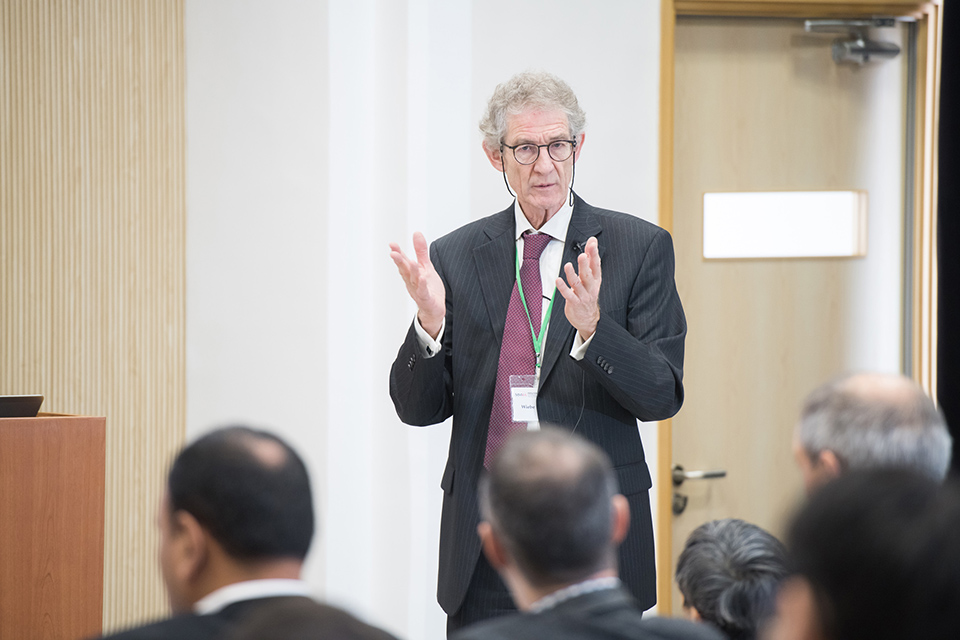
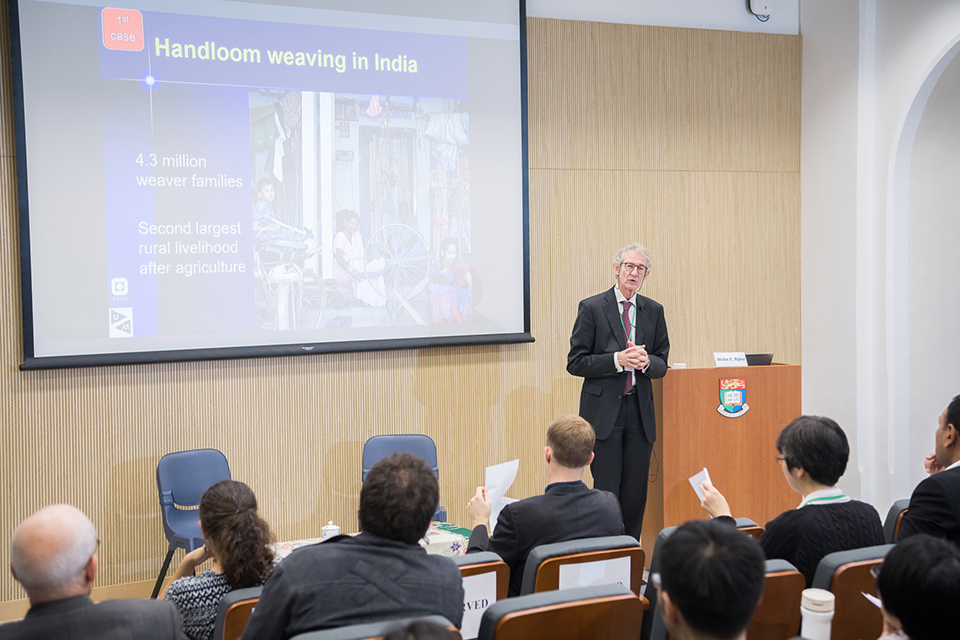
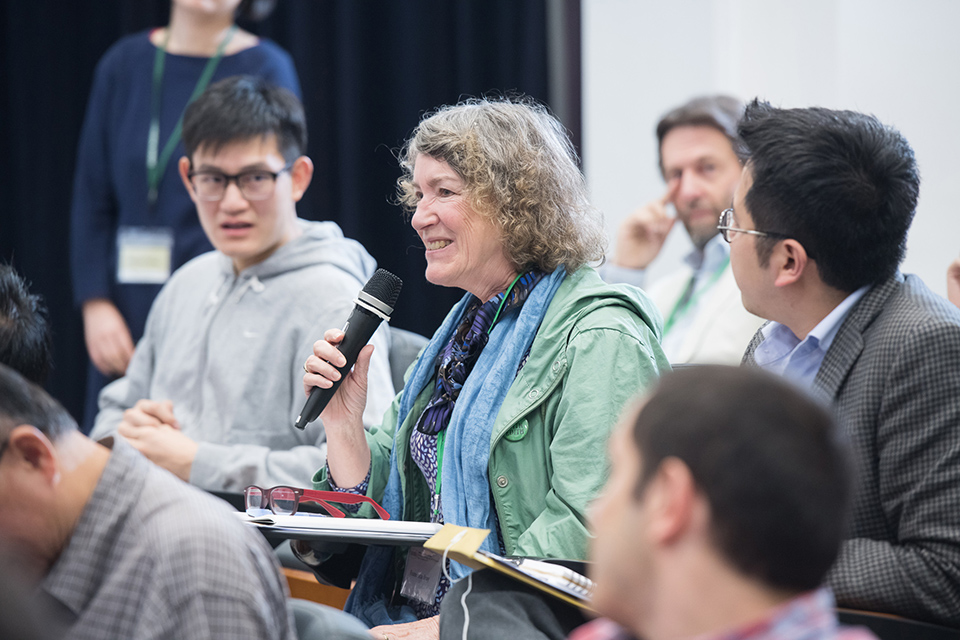
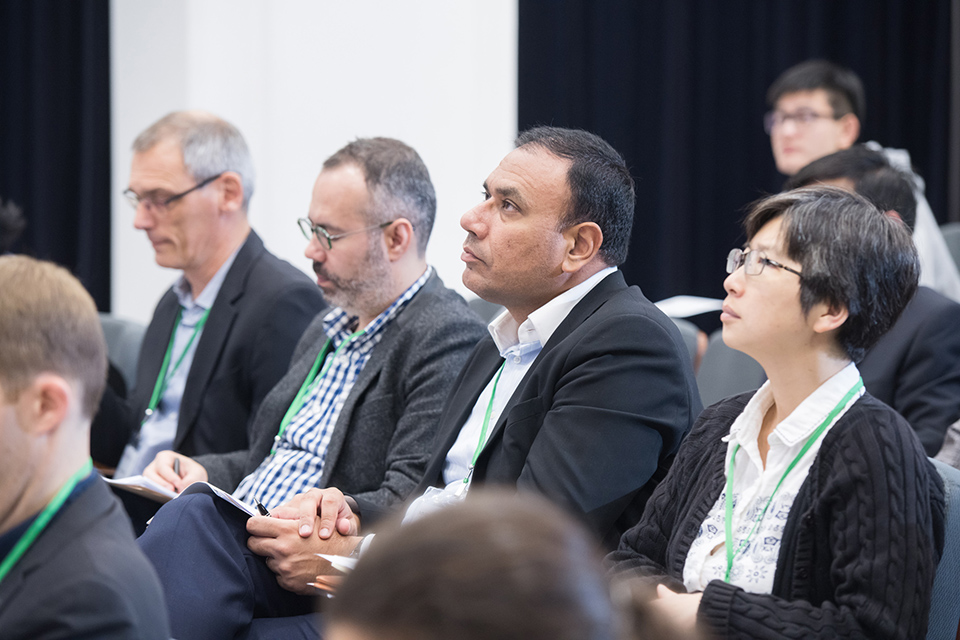
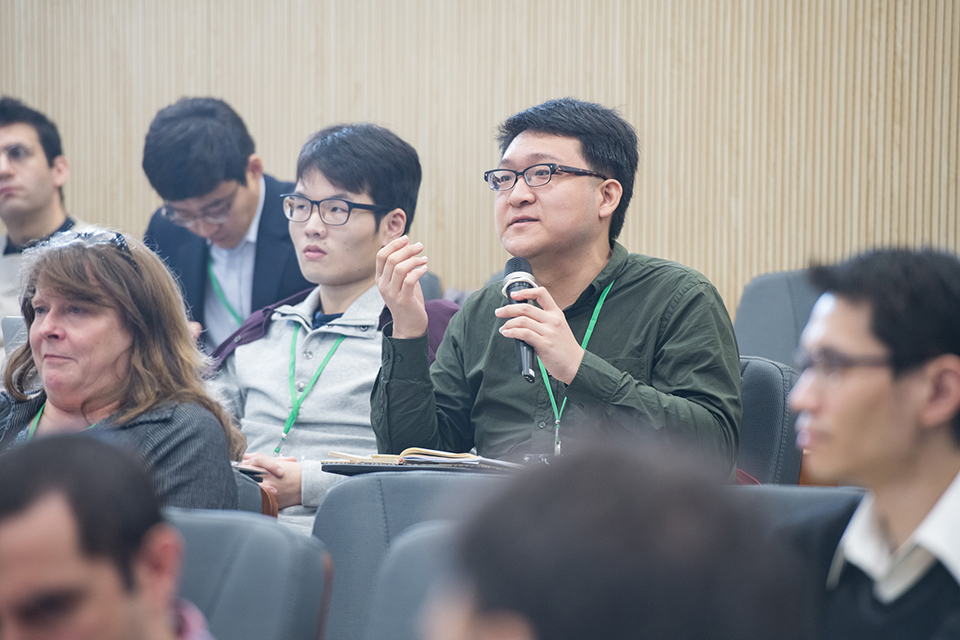
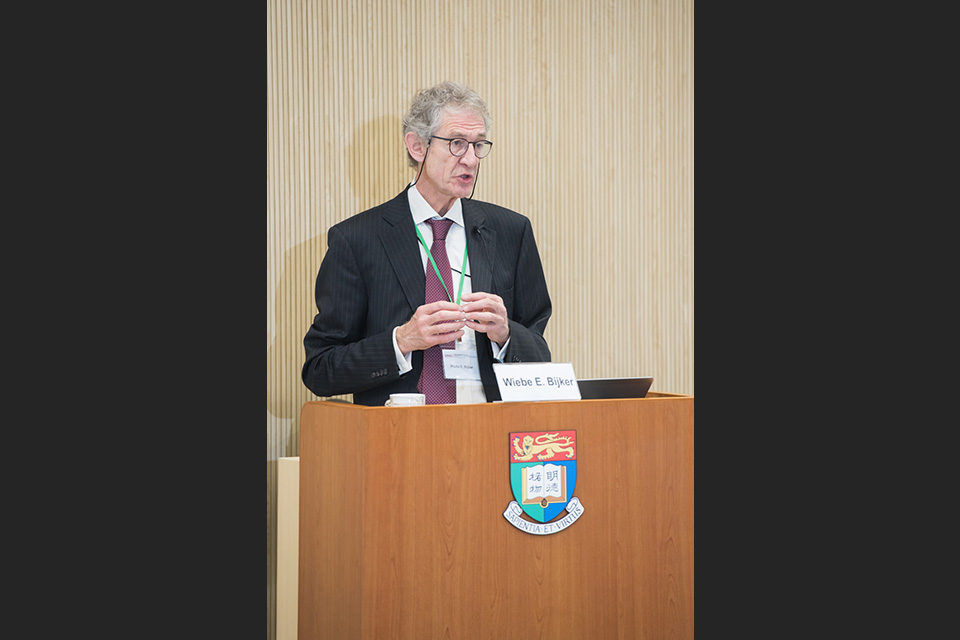
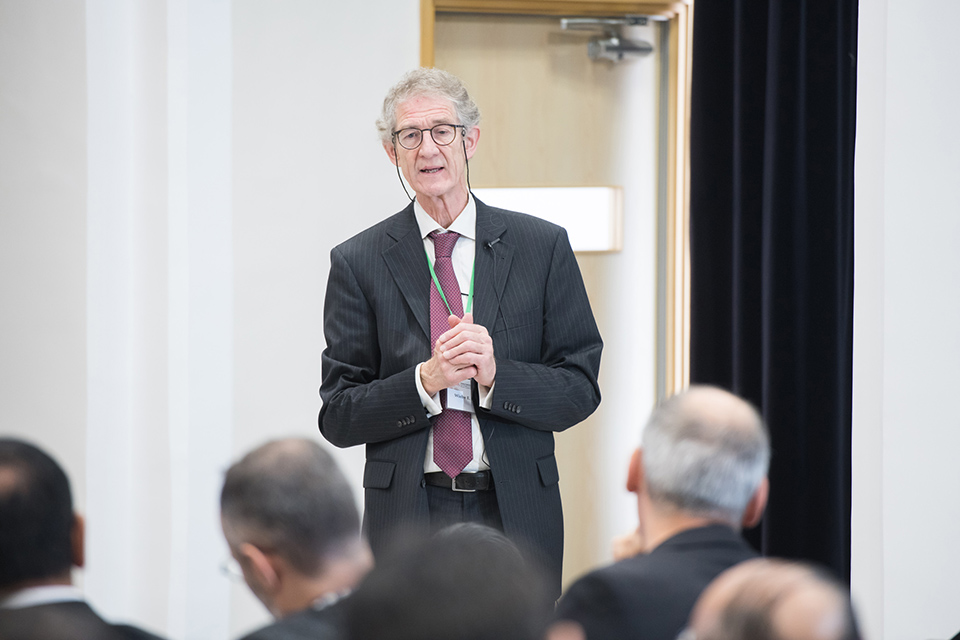
Copyright © 2025 Hong Kong Institute for the Humanities and Social Sciences, The University of Hong Kong. All Rights Reserved.